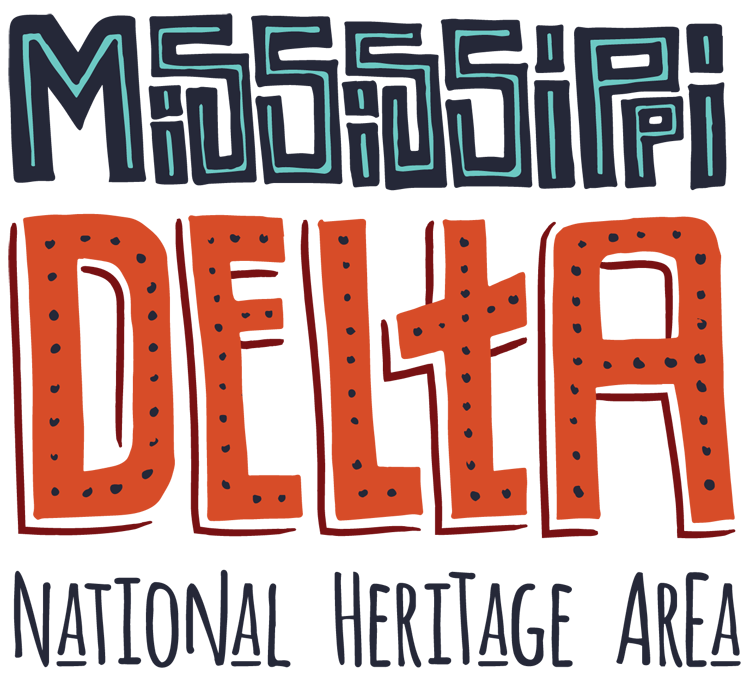A social revolution swept the Mississippi Delta in the midst of the 20th century, empowering its majority African American population and focusing America’s eyes and hearts on the some of the best and worst moments of the Civil Rights Movement. The dichotomies created in more than a century of plantation agriculture left a legacy of inequality and fueled the struggle for rights. As in much of the South, commercial agriculture in the Delta was initially based on an enslaved workforce of African Americans. In 1863, the Siege of Vicksburg ended in Union victory, hastening the close of the Civil War.
This devastating conflict brought an end to the institution of slavery, but not to the inequalities on which it was based. From Reconstruction to the emergence of a Southern mythology and the legal segregation of the Jim Crow era, deep racial divisions meant difficult times for Delta residents. When mechanization changed agriculture forever, reducing the need for human labor, many African Americans left rural farms for cities near and far. As the era of Civil Rights dawned in this nation, the Delta was home to pivotal events both horrible and inspirational, including Emmett Till's murder, Freedom Summer, and the Poor People's Campaign. Leaders and activists such as Amzie Moore, Fannie Lou Hamer, the delegates of the Mississippi Freedom Democratic Party, and the Freedom Riders are among those who paved the way for changes that are still unfolding today.

